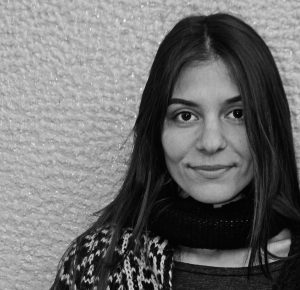
Evy Vourlides, 2013-2014, Greece
I lived in the neighborhood of Koukaki—below the Acropolis and just a short walk from Panteion University, my academic home during my nine months as a Fulbright U.S. Student in Greece. The small details of my daily life in Athens were unexpectedly tremendous. I had a Greek bank account, a lease, and a phone contract. This meant learning firsthand the experience of waiting in line at the bank, signing contracts, and paying bills as (albeit temporary) a member of Greek society. Greeting the baker down the street, who knew me by name, cracking a passing joke with the beet vendor at the community market, practicing yoga on a rooftop with a beautiful group of new friends under a closing day’s sky—these memories continue to bring me deep joy and reflect the great love I have developed for Greece. These details are what the Fulbright Program is about because they lead to something greater.
Senator J. William Fulbright headed efforts for the Fulbright Program after the Second World War. He believed that educational and cultural exchanges would lead to intimate intercultural understanding, and could promote peace of global proportions.
Understanding and empathy inevitably result from working, studying, and carrying out daily tasks in a new place, amongst a new group of people, for a prolonged period of time. This becomes a space where discussion and, ultimately, diplomacy can flourish.
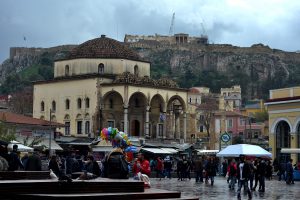
The Monastiraki neighborhood in Athens, Greece
In Athens, I aimed to nuance appalling youth unemployment statistics with ethnography. I spent time with Greek undergraduates and recent graduates who had similar questions as my peers back at home regarding their futures —whether they would continue their studies, look for work, maybe initiate their own businesses. I also explored national and EU youth employment initiatives, their aims and their effects. I met a group of scholars from Greek universities who continue to inspire my own writing, and it has been exciting to work on bridging the relevant academic work between Greece and the United States. Furthermore, similar to how it was an honor to represent America during my time in Greece, it is my continued pleasure to represent Greece to best of my ability now that I’m back home in United States.
A passion for research or for a particular culture and a persistent curiosity coincide seamlessly with the tenets of the Fulbright Program. While a cohesive plan and structured argument are essential to a successful Fulbright U.S. Student application, it is the power of this immeasurable curiosity and passion that drives the program. Every day, I notice more ways in which my Fulbright experience has impacted my values and relationships: my relationship to consumption, to politics, to my neighbors. Artemis Zenetou, Executive Director of Fulbright Foundation in Greece, says that Fulbright is a journey without a destination. Each experience becomes a story that continues beyond communities and countries, and even generations. I am proud and eager to share my particular Fulbright story with others, and to help others begin their own.
Have questions for Evy about her Fulbright experiences in Greece and as a Fulbright Alumni Ambassador? You can reach her at EVourlides.alumniambassador@fulbrightmail.org.

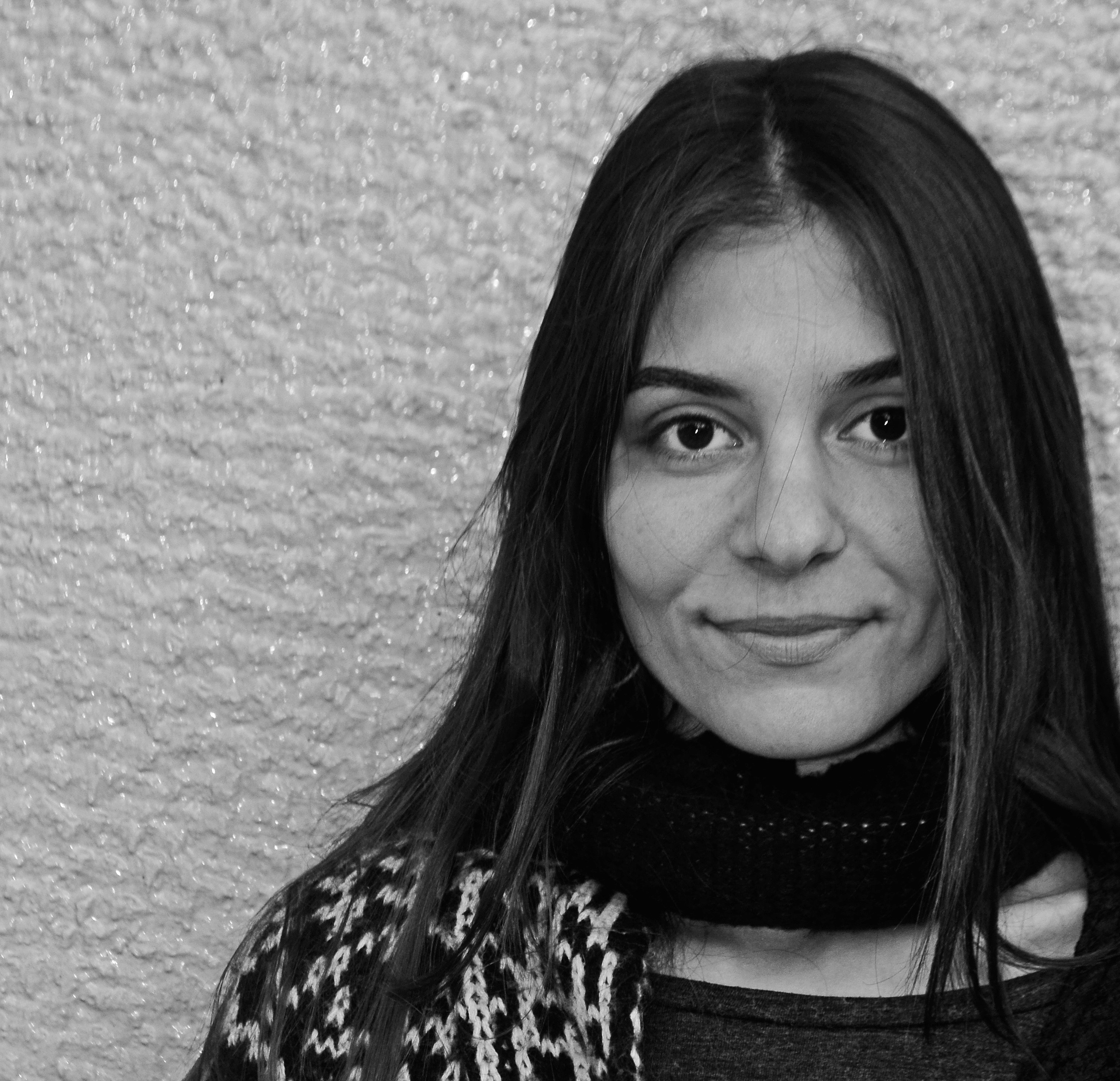
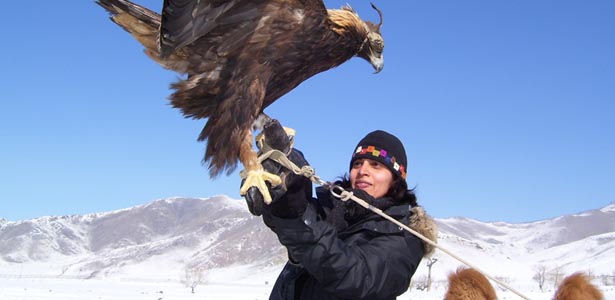
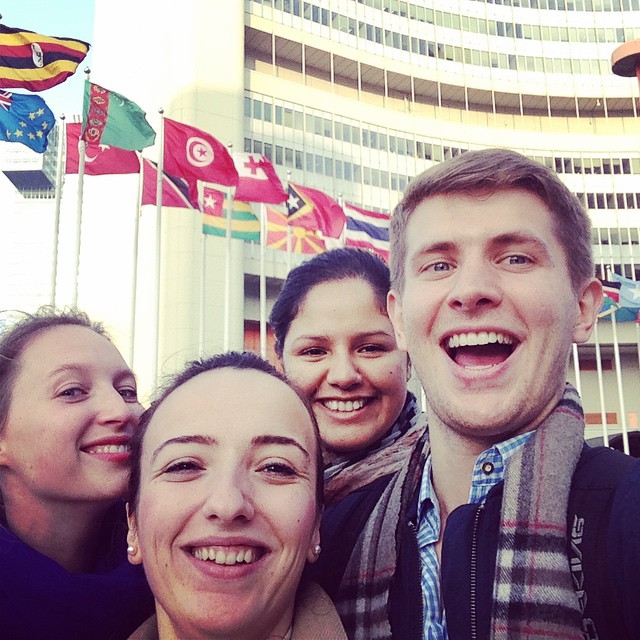
1 Comment
Good Article and I also believe in your point of view. The early days are difficult for every student but as the time goes they get settled and enjoy living in a totally different country. I know many students who struggled to get a student accommodation in a specific area. But now there are many organisations to help students to get a perfect living for themselves.